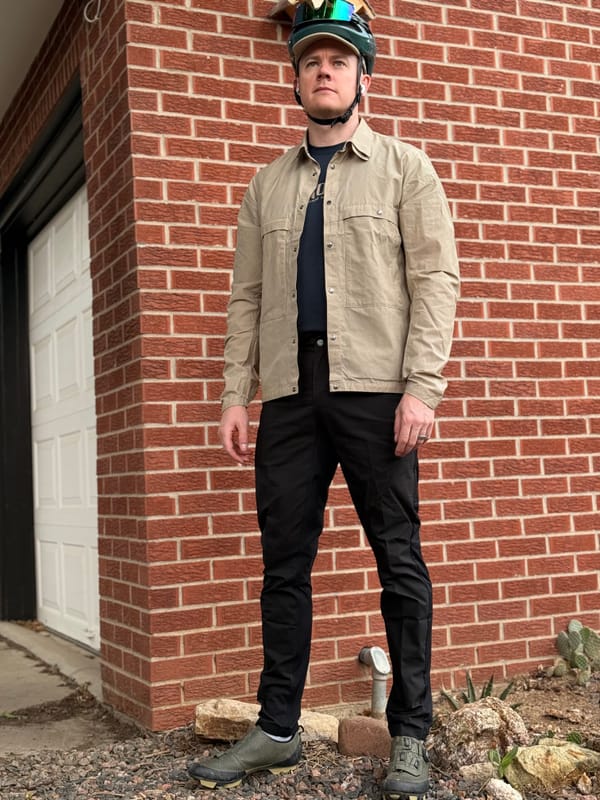Opposing the Kids Online Safety Act: A Step Toward Censorship and Surveillance
With KOSA the "free speech warriors" are out to restrict free speech under the guise of protecting children.

Here we go again. The "free speech warriors" are out to restrict free speech under the guise of protecting children.
The Resurrection of KOSA: A Threat to Freedom
Once again, the specter of overregulation looms over the digital world with the resurgence of the Kids Online Safety Act (KOSA). Initially introduced in 2022, this bill, championed by Sens. Richard Blumenthal and Marsha Blackburn, has returned with only superficial changes, failing to address the core concerns raised by over 100 civil society organizations and LGBTQ+ rights groups. The revised KOSA still mandates surveillance for individuals under sixteen and empowers state attorneys general with censorship tools, thereby endangering the rights and safety of young people online. Moreover, this act doesn't only target the youth; adults too will likely face barriers in accessing legal online content.
The Overreach of KOSA: Censorship in Disguise
KOSA simplistically attempts to tackle the multifaceted issue of online child safety by holding platforms accountable for a broad range of societal issues, from anxiety to substance abuse. The bill imposes on these platforms the responsibility to “prevent and mitigate” these issues, leaving the interpretation of what constitutes harmful designs or services to the discretion of the Federal Trade Commission and state attorneys general. This vague directive could lead platforms to overly censor content to avoid liability, impacting discussions on vital topics like mental health, substance abuse, and LGBTQ+ issues.
Political Implications of Content Control
KOSA's potential for abuse becomes clear when considering Sen. Blackburn's stance on race discrimination education, labeled as “dangerous for kids.” This perspective, echoed in several states’ educational policies, hints at how KOSA could be used to block discussions on race, gender, and sexuality. The bill tries to mitigate these concerns by stating that it doesn’t intend to prevent resources for addressing its listed harms and should align with evidence-informed medical information. However, this does little to prevent the misuse of the act to suppress discussions on topics deemed sensitive or controversial by certain political groups.
Age Verification: A Privacy Concern
Responding to fears about mandatory age verification, KOSA’s authors have made nominal adjustments. Despite these changes, platforms will likely still resort to age verification to comply with the law, infringing on user privacy and anonymity. This requirement not only affects young users but also adults, as platforms might extend content filtering to all users, irrespective of age, leading to widespread censorship.
A Misguided Approach to Internet Safety
KOSA, in its current form, does not effectively address the complexities of internet safety and social media’s impact on youth. It rather promotes a one-size-fits-all solution, overlooking the nuanced nature of online interactions and their influence. While the intent to safeguard young internet users is commendable, the approach is flawed, leaning towards surveillance and restriction rather than education and empowerment.
Advocating for a Healthier Digital Ecosystem
Instead of pushing for restrictive measures like KOSA, I advocate for stronger competition laws and comprehensive data privacy legislation. These measures would foster a more diverse digital landscape, giving users, including young people, more choices and control over their online experience. By encouraging innovation and competition, we can achieve a digital environment that is safer and more conducive to the well-being of all users.
Conclusion: A Call to Action Against KOSA
KOSA is more than a safety bill; it is a step towards increased surveillance and censorship. It threatens to stifle the freedom of speech and expression online, under the guise of protecting children. We urge you to voice your opposition to this bill and inform your Senators and representatives of its potential harmful implications. It's time to stand against KOSA and advocate for a more balanced, freedom-respecting approach to internet safety and regulation.





